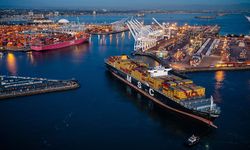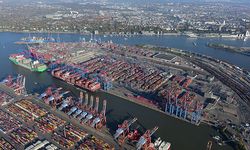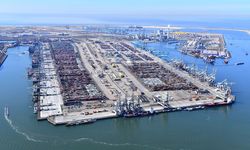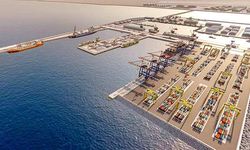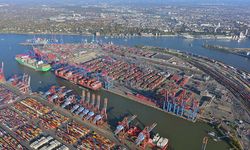The floods, which have left a staggering toll of 116 dead and over 130 missing, have forced the closure of key ports in the region, severely impacting transportation and trade. With over 100,000 people displaced and nearly two million affected, the state faces its worst flooding crisis in nearly a century.
Compounding the challenges, rains have returned, hampering rescue efforts and adding to the logistical nightmare. However, amidst the adversity, Brazilians nationwide have rallied in an extraordinary display of solidarity, mobilizing resources to aid those affected.
The Port Authority for Rio Grande do Sul has reported closures at the Ports of Pelotas and Porto Alegre due to elevated water levels, while operations at the Port of Rio Grande remain unaffected. Additionally, disruptions in agriculture loom large as planting seasons face delays and cancellations. Fertilizer producers anticipate a significant impact on demand, with crops at risk of damage from prolonged moisture exposure.
Rio Grande do Sul, a crucial hub for rice production, has seen its harvest schedule thrown into disarray, further straining the already precarious supply chain. Estimates suggest substantial losses in soybean and corn production, with implications for both domestic and international markets.
As the region grapples with the aftermath of the floods, attention turns to recovery efforts and the long road ahead for affected communities and industries alike.



